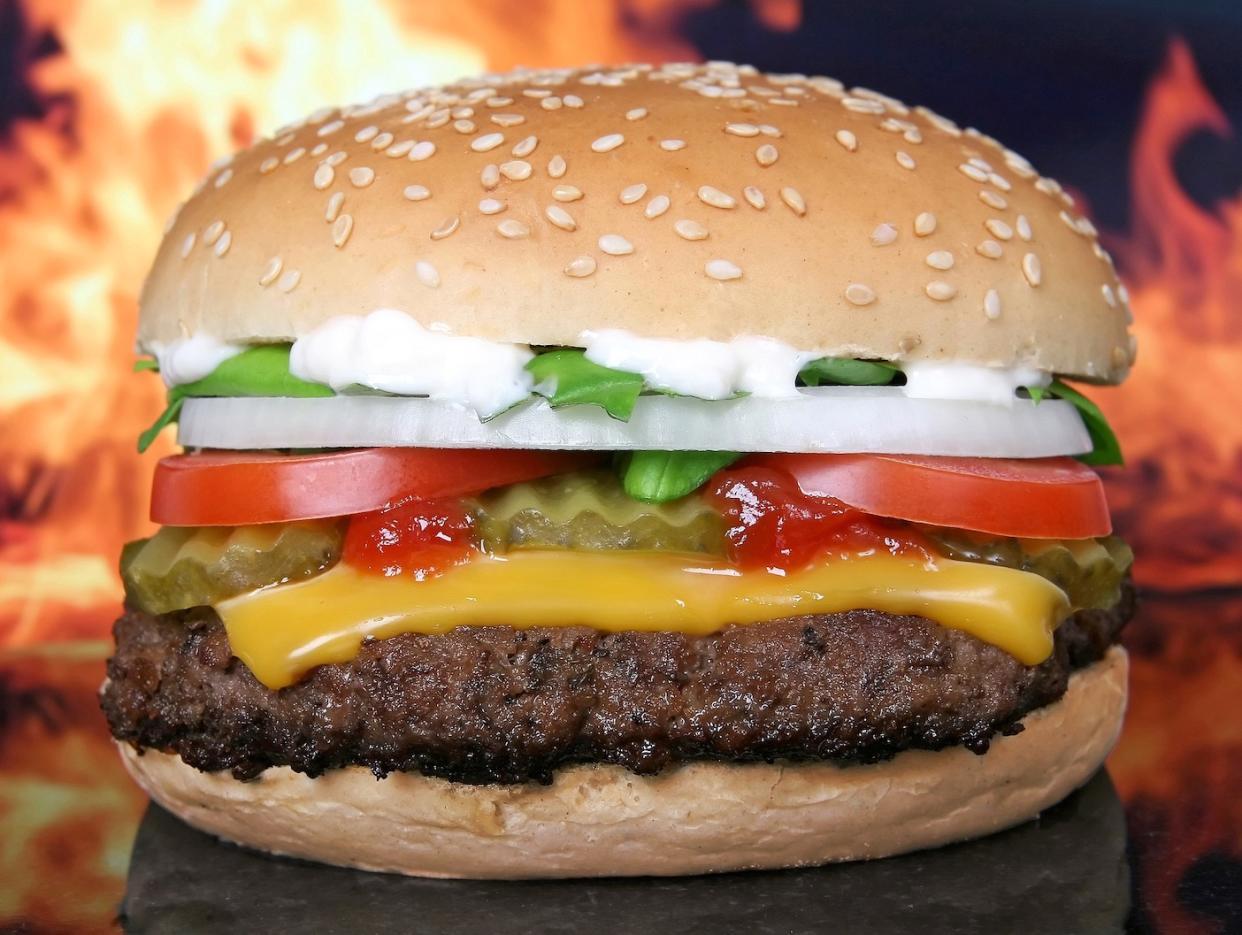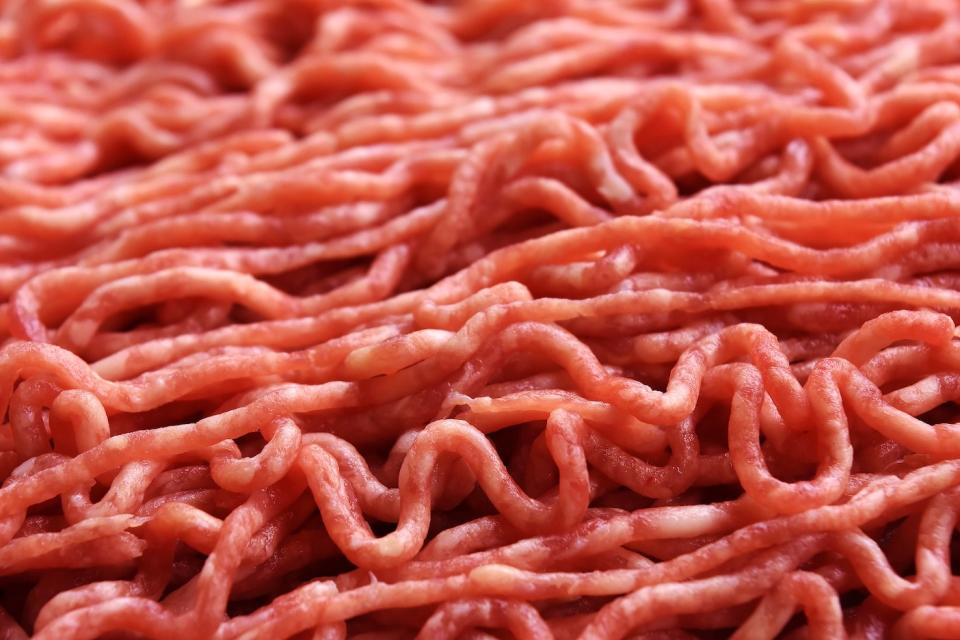Are plant-based meat alternatives good or bad for you?

They look and taste like meat and are rapidly growing in popularity as nutritious plant-based alternatives to animal products, but are these vegetarian or vegan foods actually good for your health? And do they benefit the environment as their manufacturers claim they do?
Goh Qiu Le, a dietitian at Changi General Hospital, says, “Choosing meatless alternatives over actual meat is undeniably better for the environment ... if you are looking to put your foot forward in combating climate change, this may be a start.”
The production of plant-based meat alternatives is less harmful for the environment because it requires a fraction of the land used to produce beef and other meat products, and much less water and fertiliser. Greenhouse gas emissions are also lower.
However, the jury is still out on the benefits of these meat alternatives for your health. Experts remain sceptical and point to the fact that these products are typically created from plant-derived ingredients rather than whole plant foods such as vegetables and legumes, and are highly processed.
Comparing the popular burger created by American company Impossible Foods, that debuted in Singapore earlier this year and is available in hundreds of restaurants, with the traditional Whopper burger offered by Burger King, Mr Goh says: “From a macronutrient perspective, the Impossible Burger stacks up pretty closely to the Traditional Whopper. The Impossible Whopper does contain more sodium than its counterpart, though. It appears choosing the Impossible Whopper in lieu of the Traditional Whopper isn’t going to be the healthier option.”

While beef is the main ingredient in the traditional Whopper patty, the Impossible Foods patty is made of soy and potato proteins, coconut oil, sunflower oil, salt and various additives such as methylcellulose, yeast extract, and cultured dextrose.
“The key ingredient which gives the Impossible Burger its meaty flavour and texture is heme, which is produced from soy leghemoglibin (plant heme) and yeast through genetic engineering,” says Mr Goh.
Nutritional values of a traditional whopper vs the Impossible whopper
Traditional Whopper | Impossible Whopper | |
Calories | 660 kcal | 630 kcal |
Protein | 28g | 25g |
Fat | 40g | 34g |
Saturated Fat | 12g | 11g |
Sodium | 980g | 1,080g |
Carbohydrates | 49g | 58g |
Sugar | 11g | 12g |
Can meatless meat alternatives harm you in any way?
“There are currently no safety concerns on the consumption of meatless meat alternatives,” says Mr Goh. But, he adds, “Meatless alternatives are designed to emulate the taste, consistency and even nutrient profile of meat, and this comes at a cost – high amounts of saturated fat and sodium are required, which are detrimental to heart health.”
He notes that “comparing a meatless meat alternative (an amalgamate of plant-derived ingredients) to a plate of salad greens is no different than comparing apples with oranges”.
Related stories:
Impossible Foods take a big bite out of Singapore with its very convincing meat alternatives


